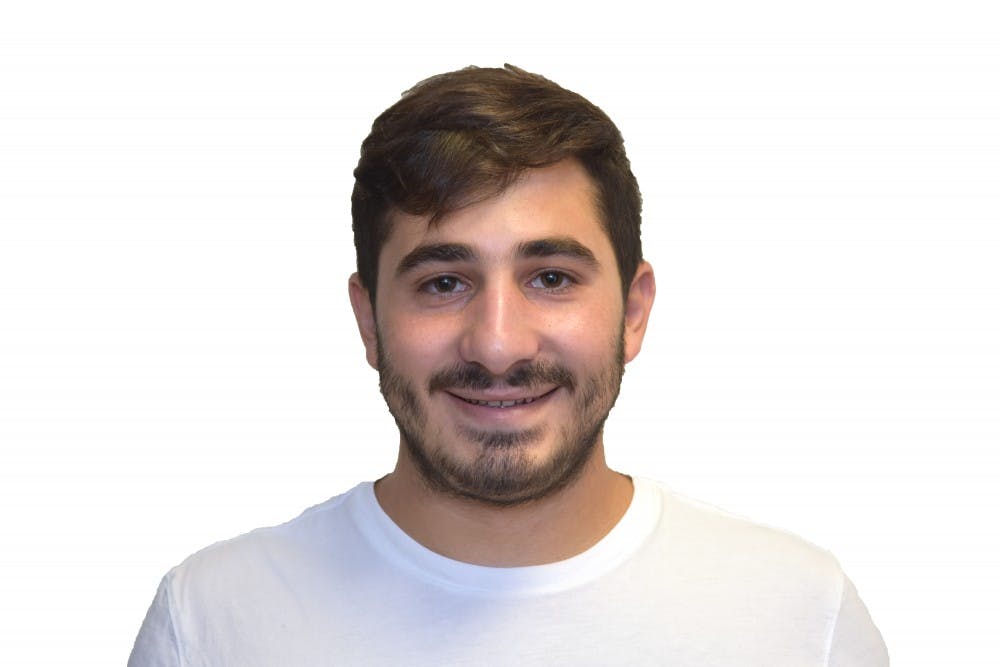
The United States, similar to other large Western economies, is driven by the financial sector. What is especially peculiar about this sector is that, for the most part, it transforms money into more money without the production of any goods during the process.
There are procedures, however, such as venture capital investments, through which the financial sector enhances production of goods and services. Nevertheless, these do not constitute the main source of revenue, especially since “there are many VCs who haven’t received a carry check in a decade.”
According to Harvard Business School professors Robin Greenwood and David Scharfstein “ […] between 1980 and 2007 the growth in financial-industry revenues came from two things: asset management and loan origination” (i.e., non-productive endeavors).
We should be cautious to disregard the common argument that the aforementioned endeavors create strong incentives for businesses to greatly increase their productivity.
Such incentives strongly favor the pursuit of profit over productivity, as in the prominent example of Valeant, the pharmaceutical company that chooses to only spend 3 percent of its revenue in Research and Development (compared to an average of 17 percent) for the maximization of its profits, to become “the #1 Most Profitable Hedge Fund Bet of Q2 2015.”
Focusing on instances where people are fearful, uncertain or, even worse, in financial need, the concepts of insurance (i.e., protection from an unknown danger) and interest (which, according to Aristotle, “increases the amount of the money itself”) were introduced to brutally exploit human vulnerabilities by those who possess sufficient amounts of capital.
As soon as people discovered a way to make money from money, hence to rapidly accumulate large amounts of wealth, money was transformed from the means to facilitate exchange to the ultimate end. Those involved in the financial sector no longer apply their natural talents to one of the crafts or a service. On the contrary, they started “employing each of the faculties in an unnatural way,” as Aristotle precisely describes it.
However, the financial and insurance industry is far from the only industry that is driven by profit and wealth accumulation. Large sectors such as wholesale, retail, manufacturing and construction are also extremely profit-oriented.
Nevertheless, in the case of those sectors, the transformation of money into more money, at least, has a valuable byproduct. The byproduct created through the process is either a good or a service, which is useful for the procedure that Aristotle describes as “Household Management.”
As a mechanical engineer, I always strive to create solutions to existing problems. Hence, I consider the production of goods and services that will contribute in advancing “Household Management” essential for the welfare of the society.
“For it is not the function of courage to produce wealth, but to inspire daring,” says Aristotle. Confidence, however, can only be facilitated by providing solutions to our problems; that is to say by engaging in productive labor, not in the kind that does not provide us with tools to excel as individuals, as “Households” and in extension as a species.
Aristotle explains that the interests of those people who aim at “safeguarding their substance in money or increasing it to an unlimited amount [...] are set upon life but not upon the good life.” What he describes as a life well lived is characterized by three things: Happiness, Nobility and Deliberative Choice.
Although limited statistics are shared by the schools, it is estimated that more than 20 percent of graduates of many Ivy League schools go on to pursue a career in the financial area. Given this alarming percentage, it is urgent that the most challenging universities in the world focus in promoting, if not the Aristotelian model per se, the general concept of a life well-lived.
Such institutions should not merely nurture the brightest of each generation to engage in and perpetuate the existence of non-productive labor for the hyper-accumulation of wealth and the subsequent severe class struggle.
As I see it, happiness is far from wealth accumulation, nobility far from exploitation of our fellow citizens and deliberative choice far from engaging with nonproductive labor. Until we are capable of creating a society where the mere possession of a natural talent, not profit, will be the sole motivating factor for contributing, the least we can do is avoid engaging in nonproductive activities.
VAIOS TRIANTAFYLLOU is a graduate student from Greece studying mechanical engineering and applied mechanics. His email is vaios.tria@gmail.com. V is for Vagation appears every other Saturday.
The Daily Pennsylvanian is an independent, student-run newspaper. Please consider making a donation to support the coverage that shapes the University. Your generosity ensures a future of strong journalism at Penn.
DonatePlease note All comments are eligible for publication in The Daily Pennsylvanian.




